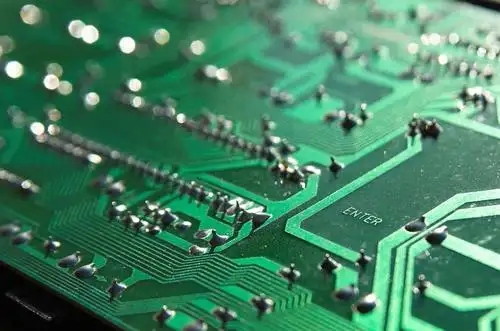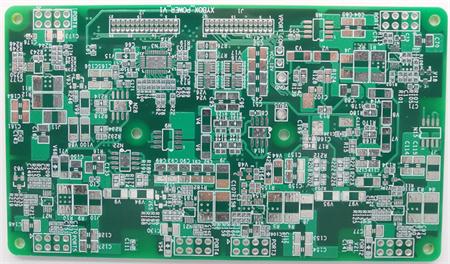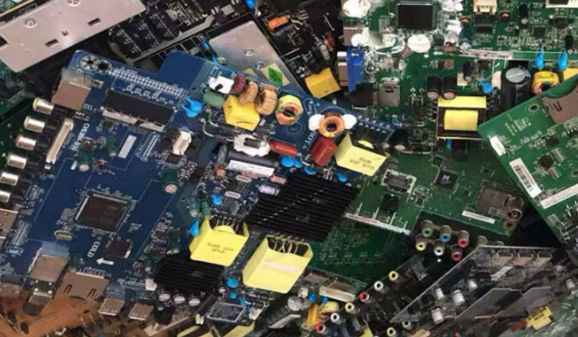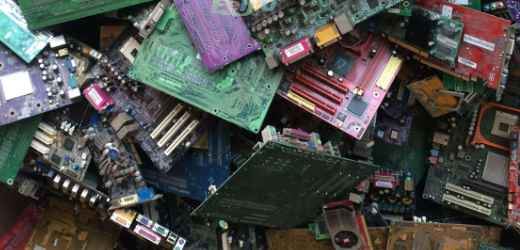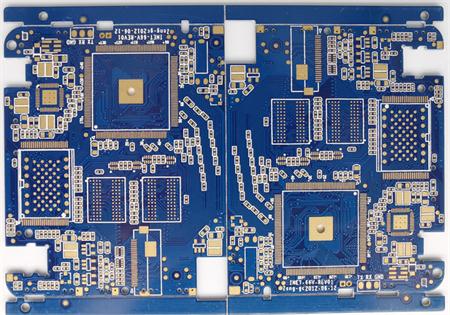
First, why does the circuit need to be terminated? As we all know, if the impedance in the circuit is not continuous, it will cause the reflection of the signal, causing up and down rush, ringing and other signal distortion, seriously affecting the signal quality. Therefore, impedance matching is a very important consideration in circuit design. The impedance control of our PCB wiring is no longer an advanced technology. It is basically the basic ability that every hardware engineer must have. In a specific circuit, it is not enough to only consider the impedance of the wiring. The actual circuit is composed of sending end, connecting line and receiving end. What we want to achieve is that the impedance of the whole link is consistent. However, it is difficult to do this in the actual circuit. Generally, the output impedance of the sending end is relatively small, while the input impedance of the receiving end is very high. To deal with this contradiction, termination becomes a natural means. Therefore, the essence of termination is still impedance matching, which is the top priority in PCB design.
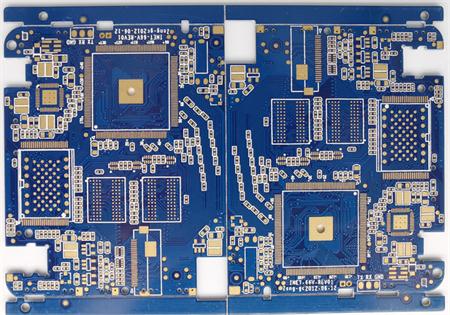
Common termination methods are as follows: series termination, parallel termination, Davining termination and RC network termination. Here is a brief introduction to the differences, advantages and disadvantages of several termination methods.
(1) Series termination. This is the most common termination method that we can easily think of. The output impedance of the sending end is relatively small, so we directly connect a resistance in series on the circuit, so that the total impedance of the output impedance plus the resistance value is equal to the transmission line impedance, which can ensure the continuity of the impedance and reduce the signal reflection. The series termination is relatively simple and has obvious disadvantages. The resistance in series in the line will affect the rise time of the signal, which may cause problems in high-speed PCBs. In addition, the transmitter output is reduced due to the voltage division of the resistor. The resistance of series termination should be placed as close to the sending end as possible to play a better role.
(2) Parallel termination. When the input impedance of the receiving end is relatively large, we can consider connecting a resistor in parallel at the receiving end to the ground or power supply. The resistance value of the resistance is equal to the characteristic impedance of the wiring. In this way impedance matching is achieved. This mode is as simple and easy as the serial terminal, but the disadvantage is that it will consume DC power. When pulling up, it can improve the driving ability, and when pulling down, it can improve the current absorption ability.
(3) Davining termination. Thevening termination is to use pull-up resistance and pull-down resistance to form a termination circuit, so that the equivalent impedance of Thevening is equal to the characteristic impedance of the transmission line to achieve impedance matching. The advantage of Davining termination is that both pull-up resistance and pull-down resistance can be used to absorb reflection. When there is no signal on the circuit, it can also provide a DC level for the circuit, which is suitable for bus applications. But the disadvantage is also obvious, that is, because of the existence of resistance, there is a DC path between the power box and the ground, and the DC power consumption is large.
(4) RC network termination. RC network termination is an upgraded version of parallel termination. It is to add another capacitor under the resistance connected in parallel to the ground. In this way, the reflection can be reduced as well as the parallel termination, and the DC power consumption can be reduced due to the isolation of DC due to the existence of capacitors. Of course, the disadvantage is also obvious. The time constant of RC circuit will affect the rise time of the signal, which should be calculated carefully in the use of high-speed PCB.


